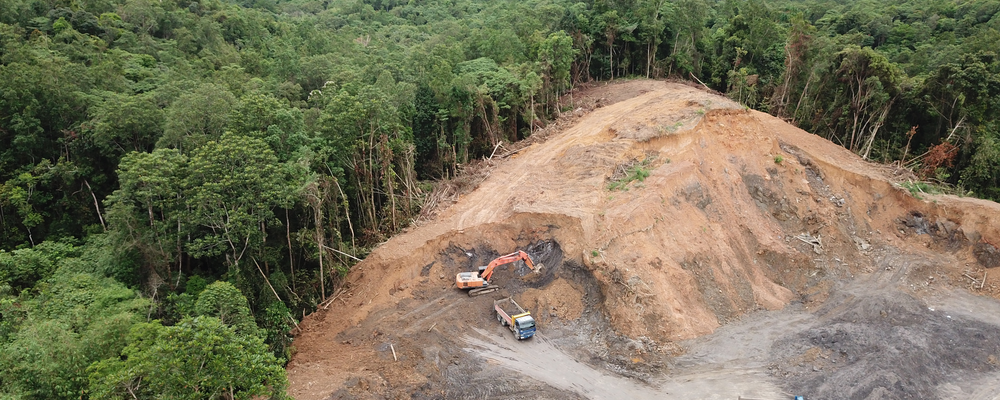“To find solutions and sustainable ways forward, we have to view these challenges within a single context. The IPBES and IPCC’s collaboration on this report sends signals to countries and research funding bodies about the necessity for more integration between climate and biodiversity,” says Professor Marie Stenseke from the School of Business, Economics and Law at the University of Gothenburg and one of two co-chairs of the IPBES’s Multidisciplinary Expert Panel.
First joint report
Rising energy consumption, overexploitation of natural resources and an enormous human impact on land and water over the past 150 years have had devastating consequences for the climate and the diversity of life on Earth. For decades, this has delivered better living conditions for many people, but now it threatens the very existence of us all.
Work to increase knowledge about and find solutions for these two overarching global challenges has been run in parallel by two different organisations, the UN Intergovernmental Panel on Climate Change, IPCC, and the Intergovernmental Science-Policy Platform on Biodiversity and Ecosystem Services, IPBES. Up until now, collaboration has been non-existent, but that changes today with the publication of a report about the interplay between climate and biodiversity, written jointly by researchers from the IPCC and the IPBES.
Holistic perspective required
Deliang Chen, Professor of Physical Meteorology, and Thomas Sterner, Professor of Environmental Economics, both of whom have extensive experience of the IPCC’s work, and Marie Stenseke, Professor of Human Geography and active in IPBES, welcome the report – not only because the content is important, but also because it marks the first step towards greater collaboration.
“Climate change and loss of biodiversity are intimately intertwined, making it vital to adopt a holistic perspective when planning different measures. A systematic approach is required to promote synergies and avoid conflicting goals,” explains Deliang Chen.
“Rising temperatures pose major dangers for many essential ecosystems. Intact ecosystems are needed to assimilate emissions and combat extreme consequences,” adds Thomas Sterner.
Integrated solutions for climate and biodiversity
The report outlines several measures that could positively support both the climate and biodiversity, such as introducing more sustainable methods of agriculture and forestry, abolishing harmful subsidies and developing green infrastructure in cities. However, the report also highlights measures that should be avoided, since they favour one goal to the detriment of the other. Planting trees in areas that were not previously forested may, for example, be good for reducing climate change, but in many cases leads to less species diversity and more homogeneous habitats.
The report also underlines the lack of political instruments that encourage integrated solutions for the climate and biodiversity. In addition, it stresses that the path to sustainability varies from one place to another, depending on circumstances in the landscape and in society.
“The solutions also need to meet other sustainability challenges, and should reduce rather than increase the injustices in the world. They must also be designed to be socially acceptable and possible to implement in practice,” says Thomas Sterner.
